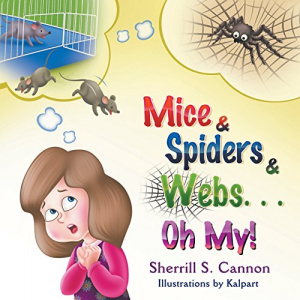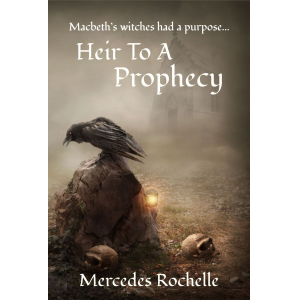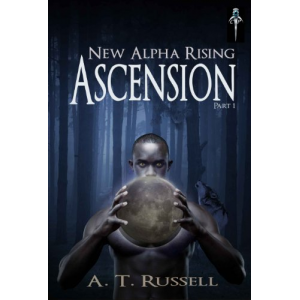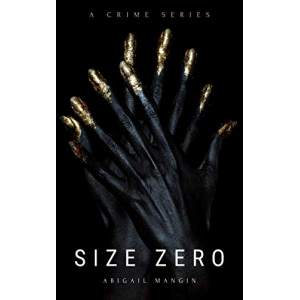- Author
- Book
- Story behind the book
- Media Links
- Reviews
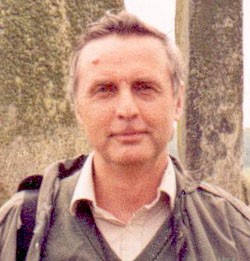
Vladimir Rubtsov
About
Vladimir V. Rubtsov, Ph.D., was born at 1948 in Kharkov, then the USSR (now independent Ukraine). He received his M.S. degree in computer science in 1972 and after that joined the laboratory of Dr. Alexey Zolotov in Kalinin (now Tver), where for three years studied the problem of the Tunguska explosion. Received his Ph.D. degree in the philosophy of science from the Institute of Philosophy of the Academy of Sciences of the USSR (Moscow, Russia), having defended in 1980 the doctoral thesis “Philosophical and Methodological Aspects of the Problem of Extraterrestrial Civilizations” (the first of its kind in the former USSR).
After returning to Kharkov, Vladimir continued his work on the Tunguska problem, closely collaborating with his Russian colleagues, in particular with Professor Nikolay Vasilyev, the leader of Tunguska studies in the former USSR and present-day Russia. These decades-long investigations made him realize the necessity to develop an objective model of the Tunguska event that would be built on strict empirical foundations. The Tunguska Mystery has appeared as a result of this aspiration.
Dr. Rubtsov has authored some 120 scientific and popular-science articles in the Soviet, post-Soviet, and foreign press, as well as two scientific monographs: The Problem of Extraterrestrial Civilizations (“Shtiintsa” [“Science”, the publishing house of the Moldavian Academy of Sciences], 1984 & 1987, co-authored with Dr. Arkady Ursul) and UFOs and Modern Science (“Nauka” [“Science”, the publishing house of the Russian Academy of Sciences], 1991, co-authored with Dr. Yuly Platov). In 1984, monograph The Problem of Extraterrestrial Civilizations was given the Award of the Moldavian Academy of Sciences. Vladimir’s professional fields are methodology of interdisciplinary research, sociology of science and technology, and general epistemology. He is currently Director of the Research Institute on Anomalous Phenomena (RIAP), as well as the Editor of its newsletter RIAP Bulletin.
Vladimir Rubtsov has been a speaker at several international academic conferences, including the Third International Symposium on Bioastronomy held at Val Cenis, France, in June 1990. Also, during several years he actively participated in annual Tsiolkovsky Readings in the Russian city of Kaluga, where leading academic and rocket scientists of the USSR discussed problems of the space exploration and the search for extraterrestrial intelligence. At the Centenary Tunguska Conference held in 2008 in Krasnoyarsk, Russia, Dr. Rubtsov read his paper “Methodology of scientific research programs and the problem of the Tunguska meteorite”.
Dr. Vladimir Rubtsov is a full member of the Russian Academy of Cosmonautics, an associate member of the Society for Scientific Exploration, USA, a member of the Expert Group on Anomalous Atmospheric Phenomena of the Russian Academy of Sciences, and a member of the SETI Center of the Russian Academy of Sciences.

A King Under Siege: Book One of The Plantagenet Legacy
Description
<p>Richard II found himself under siege not once, but twice in his minority. Crowned king at age ten, he was only fourteen when the Peasants' Revolt terrorized London. But he proved himself every bit the Plantagenet successor, facing Wat Tyler and the rebels when all seemed lost. Alas, his triumph was short-lived, and for the next ten years he struggled to assert himself against his uncles and increasingly hostile nobles. Just like in the days of his great-grandfather Edward II, vengeful magnates strove to separate him from his friends and advisors, and even threatened to depose him if he refused to do their bidding. The Lords Appellant, as they came to be known, purged the royal household with the help of the Merciless Parliament. They murdered his closest allies, leaving the King alone and defenseless. He would never forget his humiliation at the hands of his subjects. Richard's inability to protect his adherents would haunt him for the rest of his life, and he vowed that next time, retribution would be his.</p>
Story Behind The Book
Media Links
Reviews
Ever since the huge explosion occurred over Podkamennaya Tunguska River, Siberia in 1908, the Tunguska Event, as it is known, has been shrouded in mystery. To many in the West there is no mystery, and the Tunguska Event can be explained away as the forest-leveling effects of an Earth-bound comet or meteorite (with an energy factor of anywhere between 5 to 30 megatons). Vladimir Rubtsov, Director of the Research Institute on Anomalous Phenomena, has other ideas, however, concluding that approaching the Tunguska Event as either unsolvable or solved is misleading and unhelpful. This is not to say that there are not other, admittedly controversial, explanations available. Some of these alternative hypotheses include black holes, antimatter, UFOs, a “natural H-bomb,” or even one of Nikolai Tesla’s ambitious experiments gone awry. Rubtsov is no stranger to controversial research himself. After receiving his M.S. degree in computer science in 1972, Rubtsov joined the laboratory of Dr. A. V. Zolotov, where he researched the Tunguska Event for three years. In 1980, he successfully gained a PhD from the renowned Academy of Sciences of the USSR, but only after he successfully defended a paper entitled: "Philosophical and Methodological Aspects of the Problem of Extraterrestrial Civilizations". Rubtsov now believes that the meteorite explanation no longer cuts the mustard, and that science must now look to what are considered unconventional models of the Tunguska Event. While the rigorous and scholarly Rubtsov investigates some pretty far out hypotheses, <em>The Tunguska Mystery</em> isn’t the usual absurdist rant from the tin foil hat brigade. <br />(<a href="http://www.scienceagogo.com/news/books-22-8-09.shtml">http://www.scienceagogo.com/news/books-22-8-09.shtml</a>)
